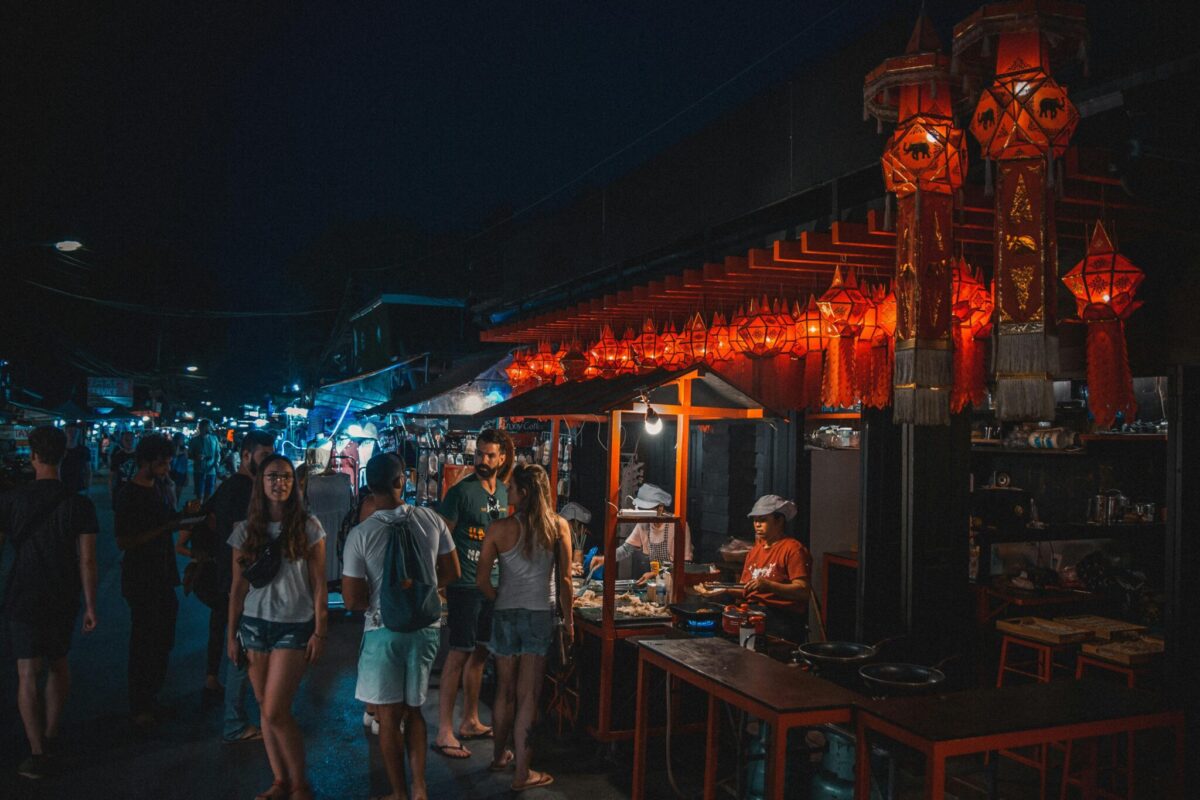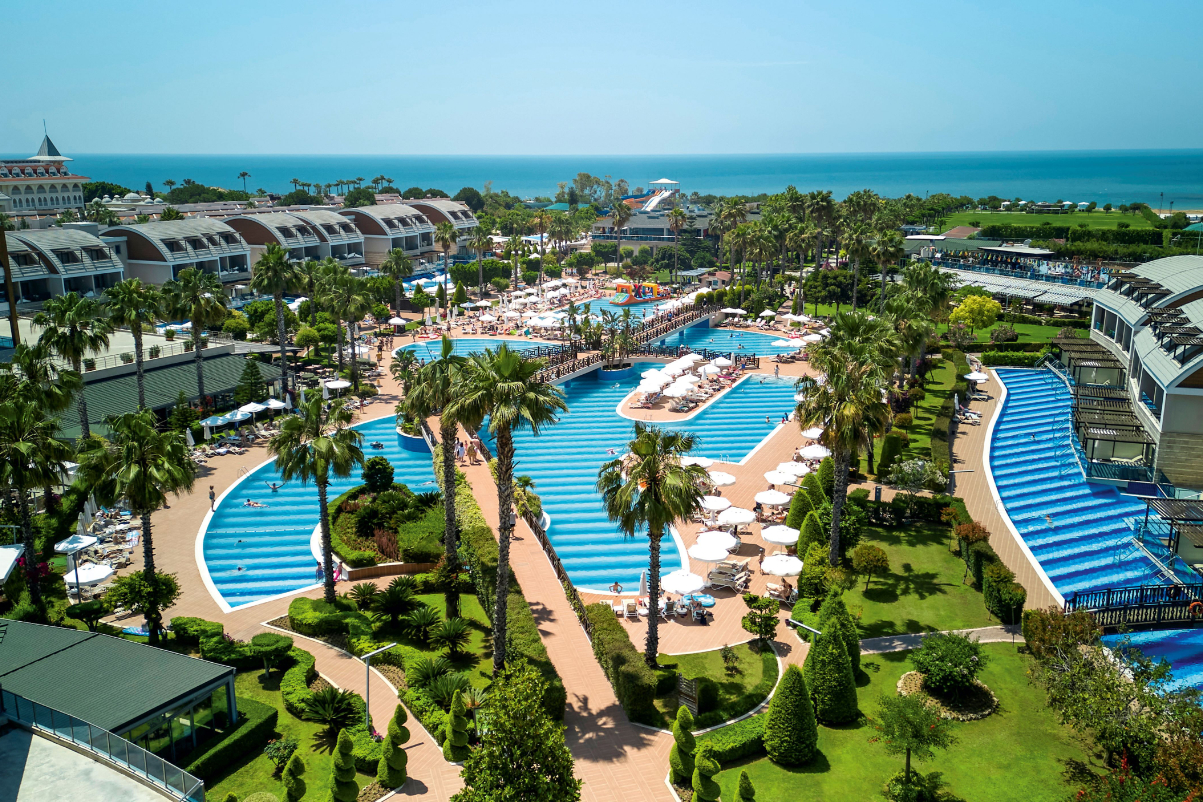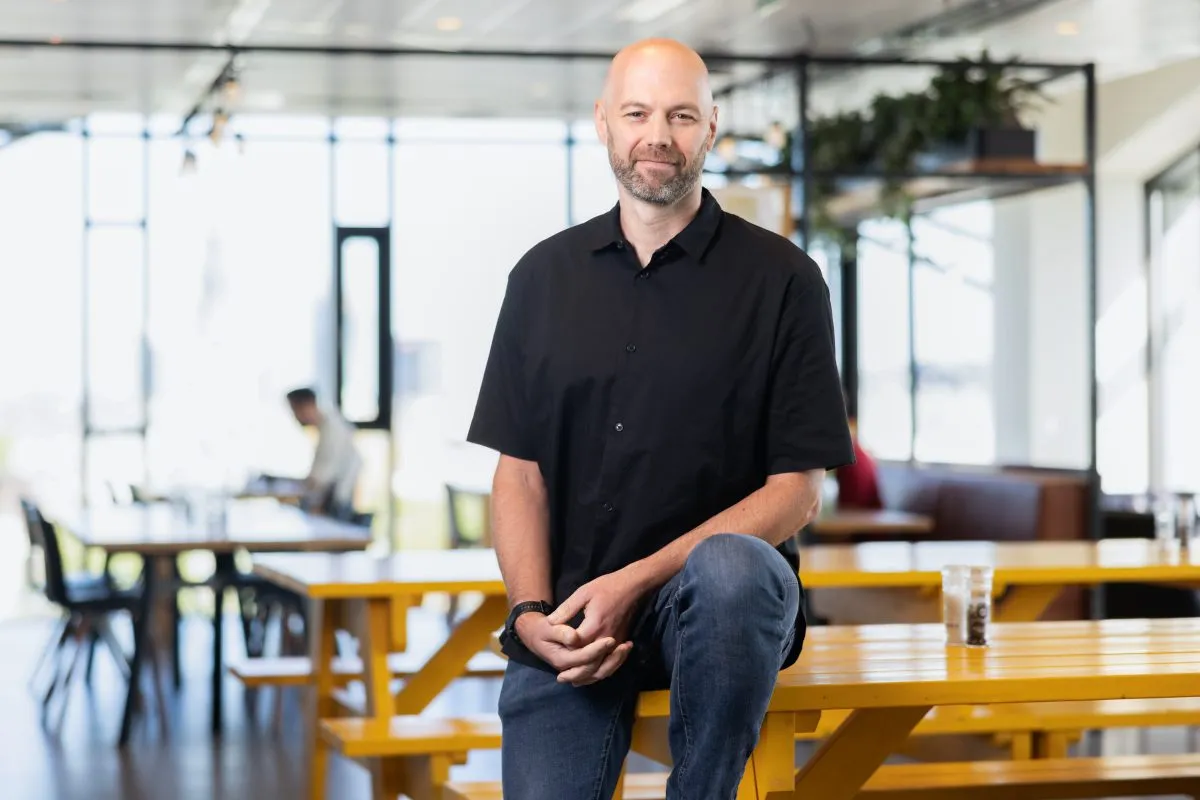U.S. Tour Operators Optimistic About Cuba Travel Because They're Even More Essential

Skift Take
Tour operator and travel agents just returned to their former status as the gateways for Americans seeking to visit Cuba.
U.S. President Donald Trump's policy outline of several months ago on U.S. travel to Cuba have become reality: Americans will no longer be able to travel to Cuba without a tour group, or stay in a hotel or spend money with any business that has ties to the Cuban government and military, among other restrictions.
While those changes are likely causing confusion for many U.S. travelers who have reservations for Cuba trips or plan to visit the country, the changes give an advantageous position to tour operators and travel agents that are once again the default gateways for any American wanting to visit Cuba.
Some cruise lines, too, say the changes will make them a more favorable option for visiting the country.
Many tour operators stand to gain from these new restrictions given individual, unguided travel is no longer allowed, but many also worry the changes will send mixed messages that Americans can't travel to Cuba at all.
U.S. travelers' dreams of individual travel to Cuba were short-lived — Americans could go by themselves without a tour guide from March 2016 to November 9 thanks to Obama-era regulations that eased restrictions on U.S. travel to Cuba. The new regulations will not affect U.S. travelers who already had one element of a trip to Cuba booked prior to June 16, 2017. For educational travelers, this deadline applies for trips with elements booked before November 9.
But some tour operators also feel that the changes aren't a complete backtrack from the U.S.-Cuba détente that began in December 2014.
David Lee, owner of Cultural Cuba, leads groups of fewer than 12 people from the U.S. to Cuba. "The reality is that no one was supposed to go without having some kind of itinerary that met the full restrictions, but people are smart," said Lee.
"There are more hotels than there were two years ago," he said. "There are more nice villas and more boutiques. The Kempinski being on Trump's banned list is unfortunate because that's a really nice hotel. I find it strange that the Marriott property in Havana is also owned by the [Cuban military owned Gaviota Group] yet isn’t on the list."
Lee said one of the main differences with the changes, so far, is figuring out whether a tour leader will need to travel with tour participants to and from the U.S. "Obviously it's not cost-effective if a tour leader has to travel with a group of two versus a group of 10 or 12," said Lee. "That's one of the slight nuances to itineraries that tour operators are trying to figure out since some of the changes are a bit vague."
The Cuba Trifecta
Charel van Dam, chief marketing officer of Cuba Travel Network, said some U.S. travelers are puzzled by the changes and recent headlines.
Some travelers have been unsure of how to legally travel in Cuba since Trump announced his changes in June. "I was in Havana three weeks ago and I spoke to a lot of people there and I heard a lot of stories about empty casas where before it was buzzing with activity," said van Dam. "You do already see an impact from the previous announcement."
Many U.S. tour operators were already facing difficulties in Cuba from other factors such as the U.S. State Department's Cuba travel warning, and Hurricane Irma damage, in addition to Trump's changes.
Lee dubbed this three-way combination a "trifecta," and said there's no question it's impacted bookings for tour operators. "With the travel warning, we haven’t been affected as much but a lot of group tours have had lots of cancellations," he said. "It might take an announcement that they’ve found the source [of the alleged injuries to U.S. embassy personnel] to help travelers' fears subside."
Cuba's hurricane damage seemed to receive less media attention than other Caribbean destinations, said Lee, but general uncertainty about the region has caused some travelers to think twice about going. Cultural Cuba, however, hasn't seen much impact from recent hurricanes, said Lee.
"Cuba got hit hard from Irma but from a tourism standpoint, the hardest hit areas were northeastern beaches and technically Americans aren’t supposed to be vacationing on beaches and all-inclusive hotels in Cuba," said Lee. "Havana hotels that were flooded were cleaned up remarkably fast. Just soon after Irma, we had clients in Cuba. The Hemingway House hasn’t reopened yet because it suffered some damage during Irma but it was already undergoing renovations anyways."
How U.S. Operators Are Adjusting
It's a new chapter in U.S. travel to Cuba as travel brands must combat fears about a travel warning, negative perceptions about the Caribbean post-hurricanes, and uncertainty about whether the Trump administration will take further action in limiting how Americans can visit the country.
Still, it's been an exciting roller coaster ride for U.S. tour operators and travel agents that do business in Cuba over he past decade, and especially during the past three years as both countries have begun to normalize relations.
December 17 will mark the third anniversary of former President Obama's announcement about thawing relations with the Cuban government. Tour operators have learned to be adaptable and respond quickly to change when it comes to Cuba.
"There remain countless ways to legally visit the island and there are many fully compliant avenues for doing business,"said Collin Laverty, founder and president, Cuba Educational Travel.
Laverty said U.S. companies will continue to pursue deals that comply with the new regulations that benefit business owners, workers and consumers in both countries. "At the same time, these limited tweaks to President Obama’s policy demonstrate the popularity of opening up trade and travel with Cuba," said Laverty.
For many tour operators and travel agents, most of the changes are small and aren't expected to deter travelers who are truly determined to visit Cuba.
"Since last week, I’ve actually had more Cuban inquiries and bookings than I’ve had in the last few months because all of a sudden everyone who was afraid to go to Cuba because they weren't sure about the new changes finally had clarification on what the changes would be," said Lesley Hock, a Boston-based Travel Leaders travel agent who's planned trips to Cuba for about 100 U.S. travelers since 2014.
Some 90 percent of Hock's Cuba clients have asked her to plan individual itineraries for them rather than going with a bus tour, for example. "I don't think that the requirement to have a guide even for individuals and small groups will keep people from going," she said.
"People will either play by the rules or take their ball to another playground," said Hock. "If you want an all-inclusive experience on the beach, that’s not what Cuba is about and I always recommend a different Caribbean destination if all someone wants to do is relax on a beach."
Hock said she's had three to four times more Cuba inquires than actual bookings because about 80 percent of travelers who contact her have unrealistic expectations about Cuba. "Most people don’t want to play by the rules and do the people-to-people activities because they'd rather sit on a beach or they think they can go inexpensively and book everything themselves," said Hock.
Hock isn't concerned that the individual people-to-people visa has been eliminated because she specializes in crafting individual and small group itineraries with guides. "Nothing has changed for me and tour buses just aren't my client base," she said. "My clients who go to Cuba really want to get off the beaten path. Many people understand that they need to go now if they want to see Cuba untouched."
Uncertainty Still Lingers
But many travel agents, tour operators and academics aren't feeling as confident as Hock.
Educational travel visas, for example, weren't impacted by the changes but Pedro Freyre, chair of international practice at Akerman International, a Miami-based law firm that's been advising clients on doing business in Cuba for 15 years, said his office received questions from clients during the summer about education visas.
Educational visas remain one of the 12 approved categories that Americans can visit Cuba. "I always advise my clients to keep their records of any travel to Cuba for five years in case there are any questions," he said.
Cuba Candela, a Miami-based tour operator, said that eliminating individual people-to-people visas will have the opposite effect it's intended to have. "As a tour company working in this space, our goal is to create meaningful cultural connections between Americans and the Cuban people," said Chad Olin, CEO and founder of Cuba Candela.
Olin argues that people-to-people interactions will decrease. "That’s what’s going away with this new policy," he said. "It’s a bit heartbreaking. While you now need to use a tour operator to go to Cuba, we’d much rather prefer for the market to be open and for individual Americans to travel to Cuba has freely as they wish."
Now, barring further policy changes, it's up to U.S. travelers who will have to decide whether having a guide tag along on their vacation is worth it for the kind of trips they want to take.




